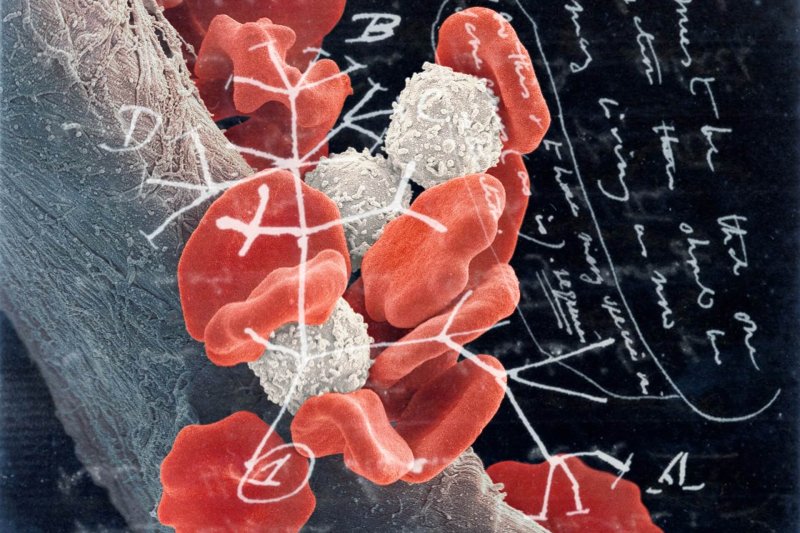The vast majority of cancer deaths in the US come about not because of a lack of treatment, but because the treatments themselves stop working in the patients receiving them. Accordingly, the emergence of drug resistance is now widely regarded by oncologists as the biggest challenge in cancer therapy. Insensitivity to drugs may arise due to changes in gene expression that allow a cancer cell to rewire its metabolism to circumvent the targeted pathway. Resistance also arises through genetic mutations, which, provided they offer a survival or growth advantage, can come to dominate a population of replicating cancer cells much as they would a population of organisms undergoing adaptive evolution in a new environment.
…
Instead, several groups of cancer biologists are looking for therapies and treatment strategies that target cancer evolution itself, says [biologist Olivia] Rossanese, now head of biology at the new center, which claims to have the “world’s first ‘Darwinian’ drug discovery program” specifically designed to tackle drug resistance. This can take the form of manipulating the course of cancer evolution to clinicians’ advantage, or putting the brakes on the processes that drive it in order to limit a tumor’s capacity to adapt. In taking this approach, researchers “just assume resistance from the start,” Rossanese says.































